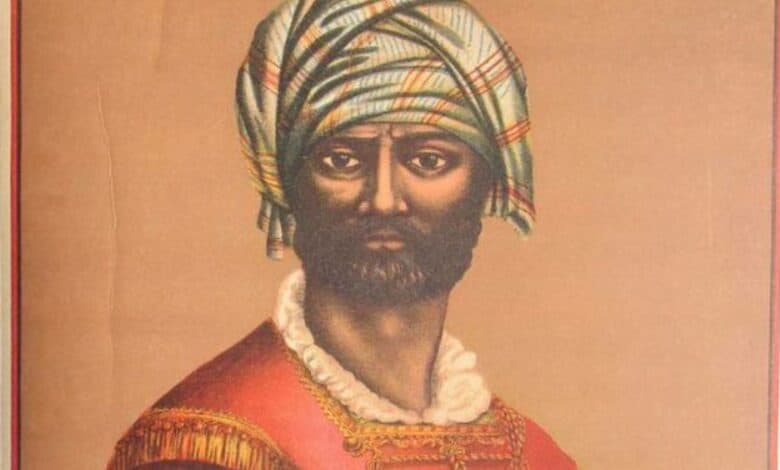Ravathurpalayam – Neduvacheri Village (Tirupur District) TAMIL NADU :
Villagers of Ravutharpalayam are aware of the Hindu temple built by a Muslim army commander under Hyder Ali in their locality and worshipping Goddess Mariyamman.
Tirupur :
Villagers of Ravutharpalayam are aware of the Hindu temple built by a Muslim army commander under Hyder Ali in their locality and worshipping Goddess Mariyamman. The temple is located 5 kilometres from Avinashi city in Neduvacheri village in Tirupur district.
Speaking to TNIE, Neduvacheri Panchayat President TG Varadarajan said, “Oral tradition point out the Mariyamman temple was built by a Muslim man. The small temple was built with Hindu style of architecture but has small dome on the top. The small dome instead of Gopuram was very unique.” Kumravel a local resident said, ‘Earlier I never believed that the temple was built by a Muslim man. Later, I got to know the facts from the local historians.
Goddess Mariamman is invoked several times a year to regenerate soil, fertility and protect the community against disease and death. Apart from the local villagers, residents from Coimbatore and Erode also visit the temple to get the blessings of the Goddess . According to Virarajendran Archaeological and Historical Research Centre, Director S Ravikumar, “The temple structure is similar village style Hindu temple. It is built in square type 8 feet by 8 feet.
Historical evidences point out, that Hyder Ali a powerful ruler of Mysore Kingdom, had the big influence over Kongu region such as Coimbatore and Erode in 18th Century. These places were ruled by several army commanders who were also in charge of revenue collection and administration. One such officer named Ravuthar was incharge of this region.
His daughter reportedly fell ill with chicken pox. Despite medical treatment the infection couldn’t be cured. Villagers told him the idea of worshipping Goddess Mariyamman. After he made offering and prayers, his daughter was cured. He immediately built a temple dedicated to the Goddess. Currently the temple is more than 250 years old. The entire locality is known by his name Ravutharpalayam.” Neduvacheri Panchayat secretary Kannan said, “The temple attracts quiet a following in the village. Donors have donated several tracts of the land.”
source: http://www.newindianexpress.com / The New Indian Express / Home> States> Tamil Nadu / by Saravanan MP / Express News Service / October 05th, 2020









